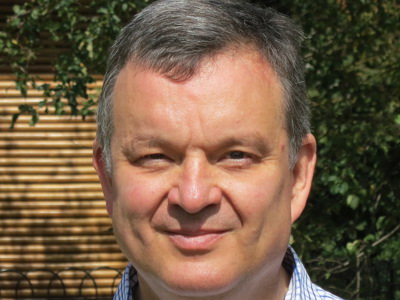Leading experts urge data watchdog to investigate “covert” and “discriminatory” checks on people speaking at government events
Two prominent independent experts are calling on the data watchdog to investigate government “due diligence” checks carried out on people invited to speak at government events.
Posted on 29 December 2024
Human rights lawyers at Leigh Day have been instructed by chemical weapons expert Dan Kaszeta and education expert Ruth Swailes who say they were effectively blacklisted from appearing at government conferences.
Since November 2021, records show officials had been told to vet potential speakers by looking at up to five years’ worth of internet search results and social media posts. Officials were also instructed to search for evidence of criticism of the government and criticism of the prime minister, and to record their findings.
Lawyers argue these “invasive and unjustified” checks into people’s political beliefs and opinions about the government and leading politicians are carried out “covertly” and without the consent of those targeted.
In July 2023, under threat of legal action, the government apologised to Mr Kaszeta, after he was impacted by the checks. It announced it had paused the relevant policies and promised to carry out a review. More than 500 days later, this review has still not concluded.
Mr Kaszeta, an internationally recognised expert who held senior posts in the US government, was disinvited from a civil service sponsored event in London after checks of his social media found he had previously criticised UK government immigration policy.
Ruth Swailes, an independent education expert whose background includes more than 30 years working in primary education was also targeted by the “due diligence” guidance.
Mrs Swailes claims that the Department for Education (DfE) tried to limit her presentation at a conference it sponsored in Manchester in March last year, because of her “longstanding public criticism” of certain DfE policies.
Just months later the Cabinet Office ordered that the guidance be paused across government but in May 2024, Mrs Swailes received a letter, suggesting the DfE still carries out “due diligence before engaging experts and speakers”.
Dan Kaszeta and Ruth Swailes are represented by Tessa Gregory, partner and Josh Munt, associate solicitor of the human rights department at the law firm, Leigh Day.
Leigh Day’s legal team have now written to the Information Commissioner’s Office (ICO), Britain’s data watchdog, urging it to investigate these checks and to consider whether they meet the UK’s strict Data Protection laws. They argue that the checks are unlawful including because they are unfair and lack transparency contrary to the UK GDPR.
Leigh Day associate solicitor Josh Munt said:
“The government has previously argued that these invasive and covert checks, which appear to censor challenging opinions are in the public interest - this simply cannot be true.
“To truly serve the public interest, civil service events should embrace diverse viewpoints which support democratic engagement and public discourse.
“Our clients hope the Information Commissioner will now take action and confirm that the government’s vetting of external experts’ political views is unlawful”.
Counsel for the clients is George Molyneaux of Blackstone Chambers.


